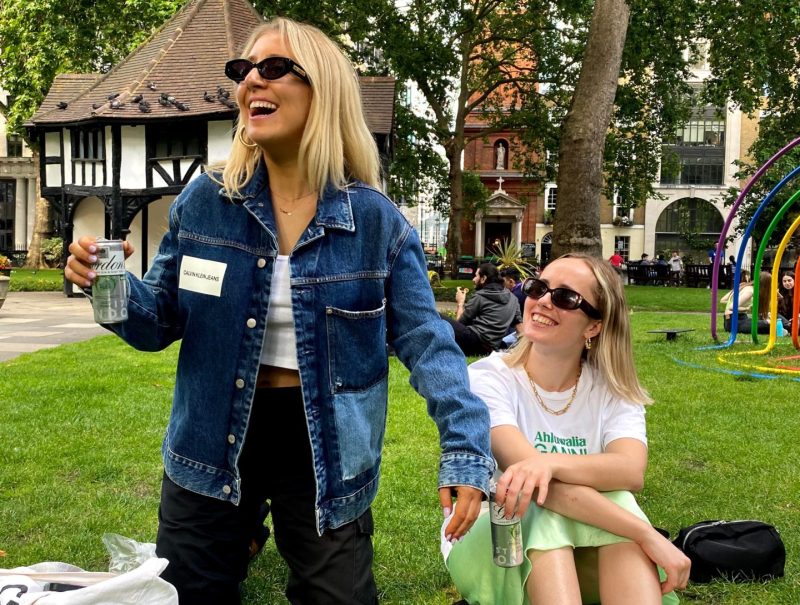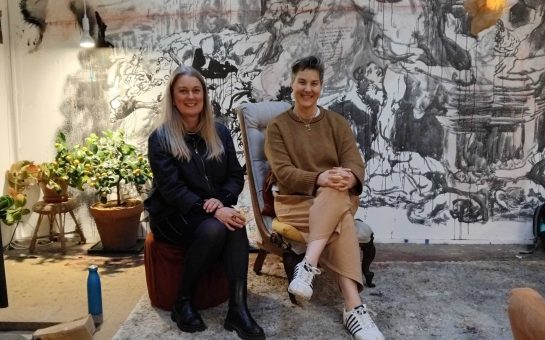A report last month by The BMJ claimed that the pandemic has had “no lasting impact” on mental health.
This has been met with criticism from mental health practitioners, citing that demand for mental health support rose significantly among children during the pandemic.
The BMJ review, which surveyed 137 countries, found there has been a ‘high level of resilience’ to the Covid-19 pandemic.
One of its critics is Sophie, a 25-year-old occupational therapy assistant from London.
She said: “You can see the effect it has had on people. There’s an air of hopelessness that wasn’t there before.”
Sophie began treating patients at the end of 2020 at a private rehabilitation facility in Borehamwood.
The hardest part for most patients, she tells us, was not being able to see their family and their loved ones whilst hospitalised.
She added: “Most of us spent the pandemic asking: when will this end?
“For my patients, their only question was ‘when will I get to see my mum?’.”
Sophie cites loneliness as a critical cause of mental health issues during the pandemic, as loneliness has risen by 10% between 2020–21, according to the Mental Health Foundation.
She explained that the pandemic caused an extended period of ‘aftershock’ for patients who struggled to process what they had experienced, which often triggered relapses.
She also described a rise in specific behavioural issues, like social anxiety which affected patients who had been isolated and were then “thrown into the world again”, and forced to reintegrate very quickly.
But for many, the pandemic improved their mental health, allowing them space to prioritise their well-being.
South Londoner Bean, 24, said: “The pandemic meant I had the money and time to properly commit to therapy.
“I was finally able to explore and unpick my experiences, analyse my mental health and commit to what my therapist was teaching me.
“Also, because I wasn’t drinking alcohol or going out, I felt clear-headed between sessions.
“Therapy takes a lot of time and energy, both in the sessions and outside of them, which a lot of people don’t have.
“But I don’t think I would’ve been able to be so dedicated to working on myself if it wasn’t for all the time I had throughout lockdowns and the pandemic.”
Similarly, for Louise from south west London, 26, the pandemic offered respite from a chaotic period in her life.
Three years on, she continues to see improvement in her mental health and she carries the habits, practices, and lessons she learnt into her life today.
Louise said: “My mental health improved drastically during the pandemic.
“In my early twenties, I was living a pretty unhealthy lifestyle with lots of binge drinking and working long hours.
“Having so much time on my hands during lockdown forced me to make big lifestyle changes. I had this epiphany: that lockdown was an amazing opportunity to make positive changes and start doing things I enjoy.
“Walking in nature, not working late and having a consistent sleep routine worked wonders for me.
“The way that I speak to myself has become kinder. I have significantly less cruel and self-critical thoughts.
“Although sometimes I have bad days, they are mostly good.”





